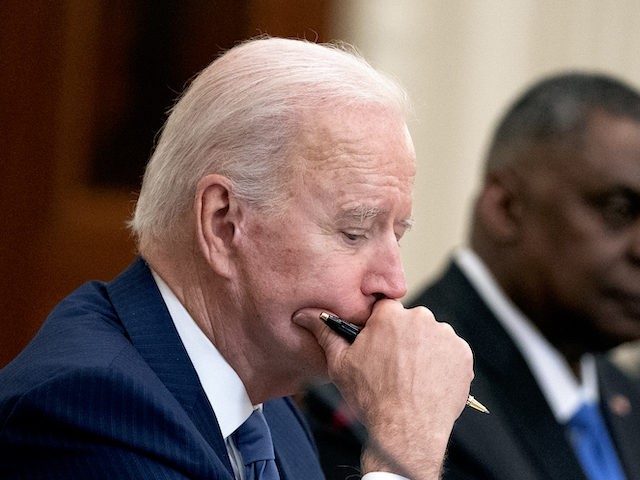Consumer confidence notched down slightly in May as improved assessments of current conditions were swamped by a negative turn in expectations for later this year.
The Conference Board reported Tuesday that its consumer confidence index fell to 117.2 from April’s 117.5 reading, the highest level since February of 2020, just before the pandemic began.
The expectations component of the index, which asks consumers to look out over the next six months, unexpectedly turned sharply downward, falling to 99.1 from 107.9 in April.
The share of consumers expecting business conditions to improve over the next six months fell from 33.1 percent to 30.3 percent, while the share expecting business conditions to worsen rose from 12.1 percent to 14.8 percent. The proportion expecting more jobs fell from 31.7 percent to 27.2 percent, while those anticipating fewer jobs rose from 14.4 percent last month to 17.3 percent.
The income side was more balanced. The share saying they expect incomes to increase fell but so did the share expecting incomes to fall.
The present situation index, based on consumers’ assessment of current business and labor market conditions, jumped to the very strong reading of 144.3 from the already elevated 131.9.
Consumers are very pleased with the current jobs market. The share saying jobs are “plentiful” jumped rom 36.3 percent to 46.8 percent. Those sayng they are hard to get fell to 12.2 from 14.7 percent.
The share saying business conditions are good fell a bit from 19.4 percent to 18.7 percent. But this was offset by a decline in those saying conditions are bad from 24.5 percent to 21.8 percent.
“After rebounding sharply in recent months, U.S. consumer confidence was essentially unchanged in May,” said Lynn Franco, Senior Director of Economic Indicators at The Conference Board. “Consumers’ assessment of present-day conditions improved, suggesting economic growth remains robust in Q2. However, consumers’ short-term optimism retreated, prompted by expectations of decelerating growth and softening labor market conditions in the months ahead. Consumers were also less upbeat this month about their income prospects—a reflection, perhaps, of both rising inflation expectations and a waning of further government support until expanded Child Tax Credit payments begin reaching parents in July.

COMMENTS
Please let us know if you're having issues with commenting.